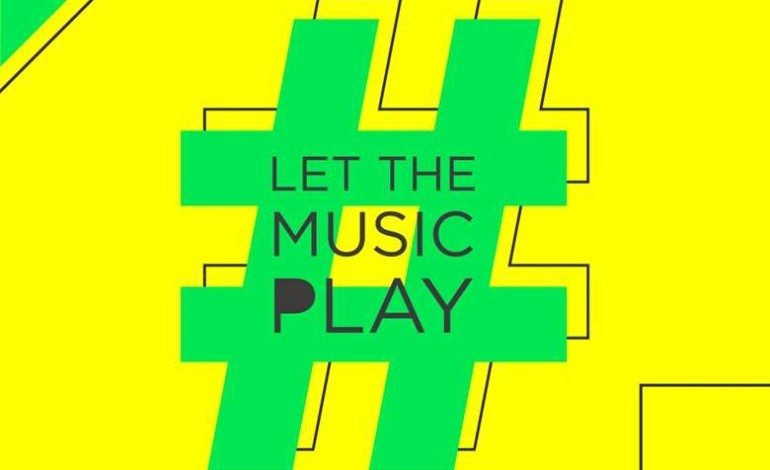
In a press release yesterday jointly credited to the Culture Minister Oliver Dowden and the Chancellor of the Exchequer Rishi Sunak, the government has announced plans to inject £1.57 billion into the arts industries. The majority of the fund will be made available to cultural organisations in England through a mixture of grants and loans, with £120 million in investment aimed at restarting halted construction projects and another £188 million divided between Scotland, Wales, and Northern Ireland.
The announcement comes just days after the pressure mounted by the #LetTheMusicPlay campaign, under which more than 1,500 artists including PJ Harvey, Johnny Marr, Paul, and McCartney signed an open letter urging the government to intervene to prevent “catastrophic damage” to the music industry. Despite contributing nearly £11 billion to the country’s GDP in 2019, the government had remained largely silent in regard to support for the UK’s cultural institutions after initiating lockdown in March, despite offering financial aid to several other industrial sectors, such as Britain’s airlines.
That silence has now however been ended. Accompanying the press release were individual statements from Dowden, Sunak, and the Prime Minister himself, all emphasising the vast global impact of Britain’s museums, theatres, and concert halls. While the latter two were wholly optimistic in their outlooks, Culture Secretary Dowden admitted that the priority would be to protect the “crown jewels” of the country’s arts venues, a cold comfort to the more than four hundred independent music venues that currently face closure. “Sadly, not everyone is going to be able to survive”, he continued, “I will have to be honest with you, of course we will see further redundancies”.
Nevertheless, many warmly welcomed the news. Music Venue Trust CEO Mark Davyd, who had in June warned of irreversible damage to Britain’s live music industry should it not receive £50 million in emergency funds, responded by saying: “This fund provides the opportunity to stabilise and protect our vibrant and vital network of venues and gives us the time we need to create a plan to safely reopen live music”. The government has not yet specified how the money will be divided between competing art forms or regions, and with no timeframe given for the return of socially distanced gigs to return it’s far from over (though ticket sales for the UK’s first drive-in concerts have already begun). But perhaps here we can finally start to see some light at the end of the tunnel.
